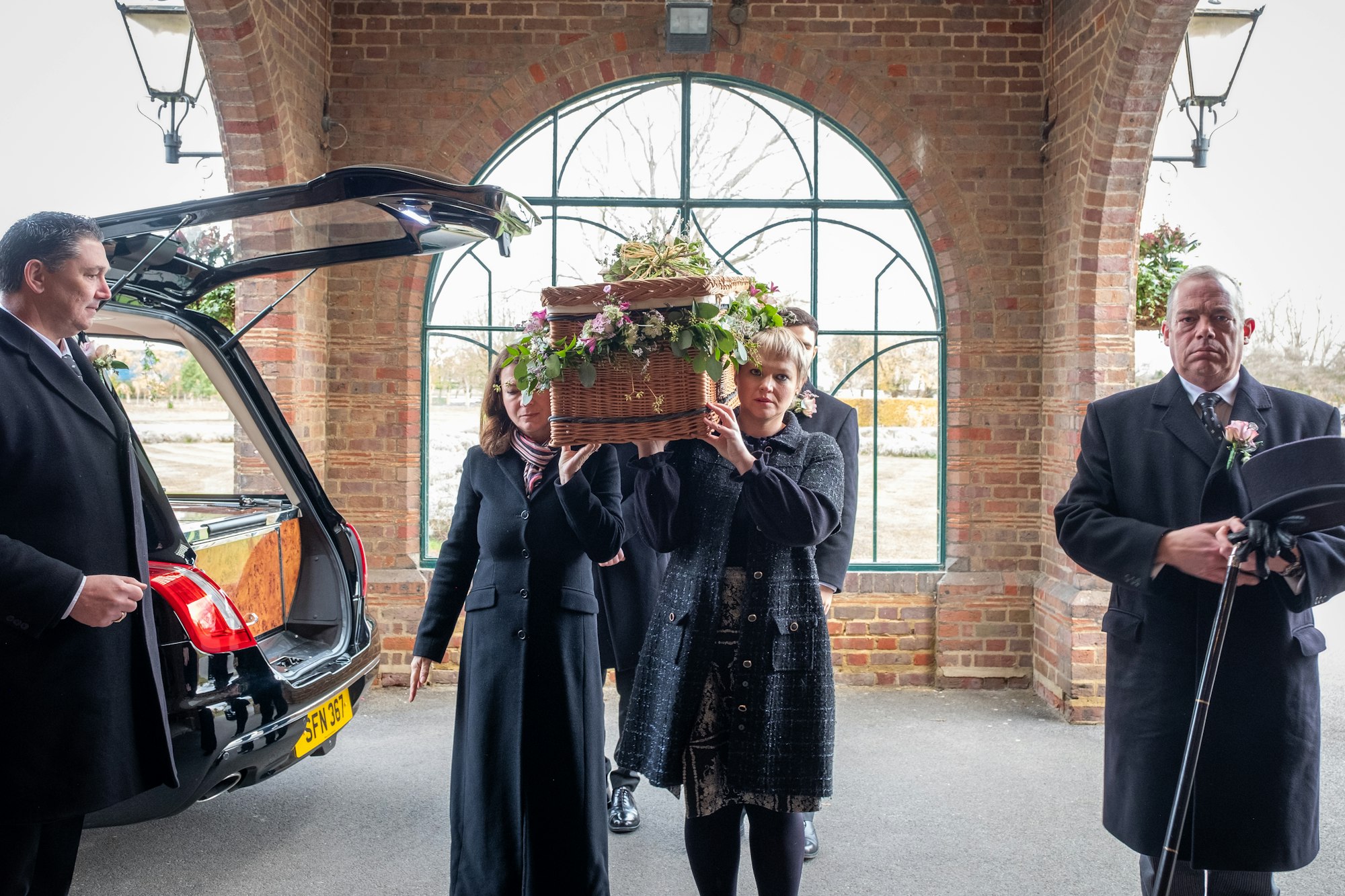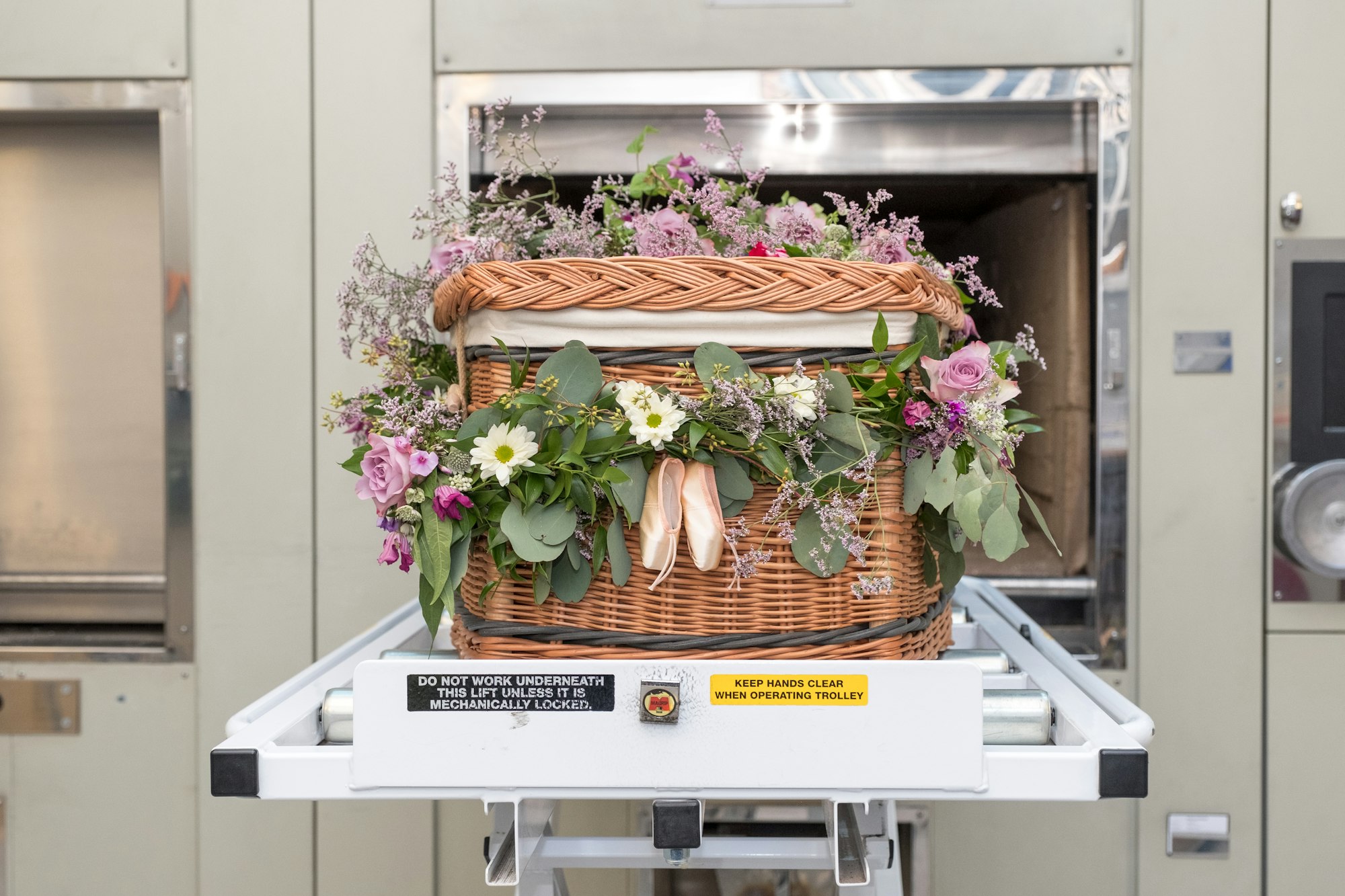What Does A Modern Funeral Director Look Like?
Scroll Down
The deathcare industry is changing. While many people think of funeral care as a traditional business immune to the passing of time, this is not the case. Keeping up with the latest changes and trends is just as crucial for funeral directors as for businesses operating in any other industry.
Understanding customer expectations and developments within the industry is vital to ensure that your funeral business thrives. But the question is, what does a modern funeral director look like, and what specific sectoral shifts do funeral businesses need to be aware of? In this blog, we will explore what it means to be a modern funeral director and the changes that deathcare businesses need to adapt to ensure future success in the industry.
Modern Funeral Trends
Until relatively recently, funerals were highly traditional occasions. In the past, most funerals followed the same formula and few people strayed away from this tried and tested option. These days, more and more people have started breaking away from tradition and actively plan alternative ceremonies. This means that funeral directors increasingly need to respond to requests for non-traditional funerals and begin offering a wider range of services than they might be used to. Understanding what their customers want and responding to the demand for new services is essential to keeping your business competitive.
Here are some of the latest funeral trends that we recommend every modern funeral director be aware of:
Direct Cremations

While cremations have always followed a set formula, there is now a rise in the number of direct cremations. Direct cremations are a relatively new concept and feature a cremation without a commemorative event on the same day. This means there is no funeral service or wake at a direct cremation.
Research from the University of Bath indicates that direct cremations may be becoming more popular as the need to have a large number of people come together to commemorate the deceased’s life is not always required. Instead, many people are opting for smaller, more intimate, memorial services to celebrate the lives of their loved ones, and these events do not necessarily take place on the same day as the cremation.
Environmentally-Friendly Funerals

Environmentally-friendly funerals have begun to increase in popularity in recent years and we predict this trend to continue. As people become increasingly eco-aware, it follows that the trend for green funerals continues to rise. As a modern funeral director, keeping up-to-date with the latest options in environmentally-friendly funerals is essential.
Consider expanding your range of eco-friendly coffins and offering electric-powered vehicles as funeral cars. These are just two examples of how you can begin introducing a green strategy to your funeral business. You may also reduce the use of paper by digitising your archives and embracing a funeral management software solution.
Increase in Non-Religious Funerals

Non-religious funeral services are also on the rise, and the traditional church funeral service is no longer the accepted norm. Instead, an increasing number of people are choosing to hold celebration of life events or Humanist ceremonies. This is a key change and reflects the growing choice to reject convention and take a more religiously neutral approach to funerals.
While awareness of different faiths remains an important part of any funeral director's training, learning how to hold atheist funerals is also essential.
Changes in Compliance and Regulation

The past years have brought significant challenges and changes to the funeral care industry. The increase in funerals and associated restrictions brought about by the pandemic meant that funeral directors had to quickly adapt to constantly changing guidelines. But, now that demand for funerals has dropped back to normal levels and restrictions have eased, modern funeral directors must adapt to new challenges.
The latest changes that funeral directors must adapt to are related to compliance and regulation. The newly-formed Independent Funeral Standards Organisation (IFSO) has now taken over the monitoring of standards in the funeral industry. This new organisation was created by the National Association of Funeral Directors (NAFD) and will now be in charge of inspections and monitoring compliance within the industry.
Alongside the change in regulation, modern funeral directors also need to be aware of changes in how funeral plans are sold and marketed. As of July 2022, the Financial Conduct Authority (FCA) introduced rules that funeral plan providers must follow. The FCA is introducing these rules to ensure that funeral plans are sold fairly and will perform as they should. These regulations follow the CMA’s recently introduced oversight of funeral pricing and transparency when communicating costs.
Being aware of all these recent changes and keeping up with them is essential to ensure your business is operating to the required standard. As increased rules are introduced, it is crucial to continue monitoring industry news to ensure that you are ready for the implementation of any future regulations and are fully prepared.
Advances in Technology

One positive change that every modern funeral director can benefit from is the recent advances in deathcare technology. Funeral management software, in particular, has been transformative for funeral directors and takes away many of the time-consuming processes that are associated with a paper-based approach. Using cloud software enables the funeral industry to work in the same way as every other modern business.
As a modern funeral director, you need to be able to access your data wherever you are, not just at the office. Working remotely is now the norm for many people and funeral directors have long spent time away from their desks as part of their daily routine but this need not be a hindrance to your funeral business when you use cloud software. Whether you or your staff are out on a call, at home, or the office, accessing your data should be a seamless process.
Modern funeral directors need to operate efficiently to win business and ensure that customers receive the best service. Not only that, using technology to manage their businesses in a most cost-efficient manner will give them a competitive advantage versus other local funeral homes.
Now is an exciting time to run a funeral business. A change in the traditional ways of conducting funeral services enables consumers to exercise greater choice and increases options for personalisation and differentiated services. Technological advancements provide many opportunities for modern funeral directors to equip themselves for the changes to come. With the right software, understanding of customers’ needs and compliance with new regulations, modern funeral directors can expect to outperform more traditionalist outfits.

Comments powered by Talkyard.